Caleb Lux, president of the Young Democrats of the University of Georgia, opened the group’s weekly meeting by saying “the government has shut down.”
His words hung in the air of the Miller Learning Center classroom, but instead of silence, the room filled with voices. On the same Wednesday that the federal government came to a standstill, the Young Democrats of UGA did the opposite. The students gathered, debated and planned.
For these students, political involvement isn’t just an extracurricular activity; it’s a necessity.
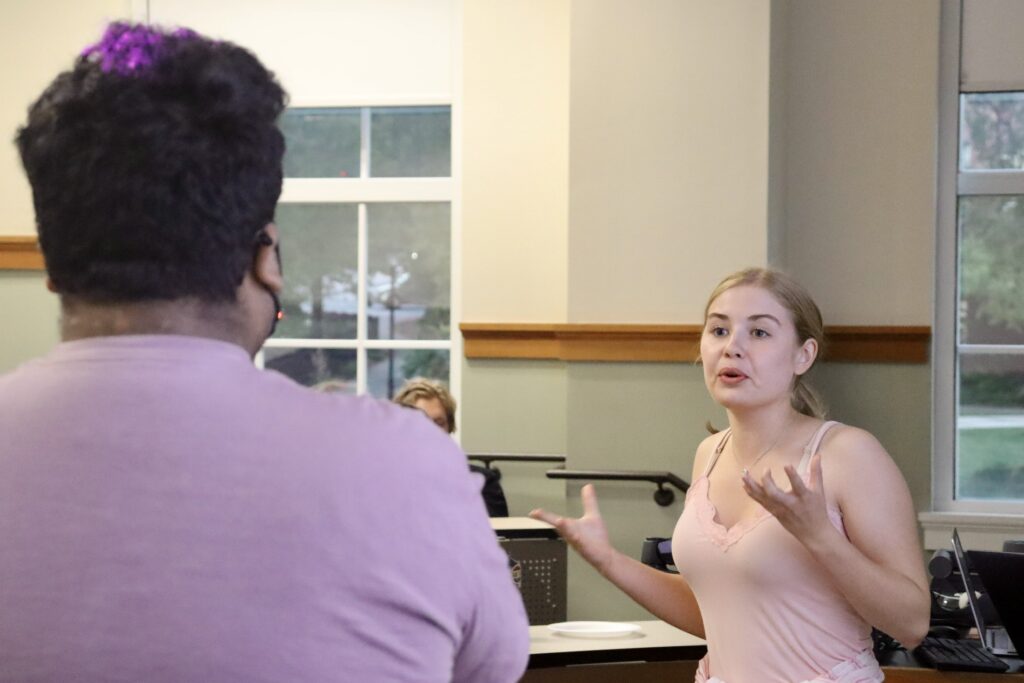
Each week, the group gathers to discuss politics, covering Capitol Hill to Athens-Clarke County. Students like Shazan Samnani, a fourth-year music major, understand the power of knowledge and using it to be heard, especially during turbulent times.

“If we educate people on local and state issues, I believe we can elect representatives who actually listen to our demands,” Samnani said. “There’s a small population of students who are very involved, but overall I think there’s still a lot of disillusionment on campus.”
In addition to keeping up with government affairs, the group takes action. During their Oct. 1 meeting, the group huddled up to discuss plans for an upcoming Georgia Public Service Commission canvassing meet-up. The group serves a larger purpose for students: the possibility to make a change.
“We canvass, we protest, and we try to connect students with opportunities to actually do something about the issues we’re discussing,” Lux said. “Throughout history, young people have been at the precipice of changing the country. Gen Z has that power now, and we deserve a better future.”
Throughout the meeting, the members lightheartedly debated political topics like possible governor candidates and their policies and campaigns. Although the entire room didn’t always agree, the room was always respectful, and it was clear participation was encouraged.
Adi Singh, a first-year finance major, first joined Young Democrats in high school, where he founded and ran his school’s chapter. Singh believes political involvement at a young age is tied to self-discovery.
“College is the time to develop your critical thinking skills and really find out who you are. Getting involved in politics helps you express that and show the world, ‘This is who I am,’” Singh said.
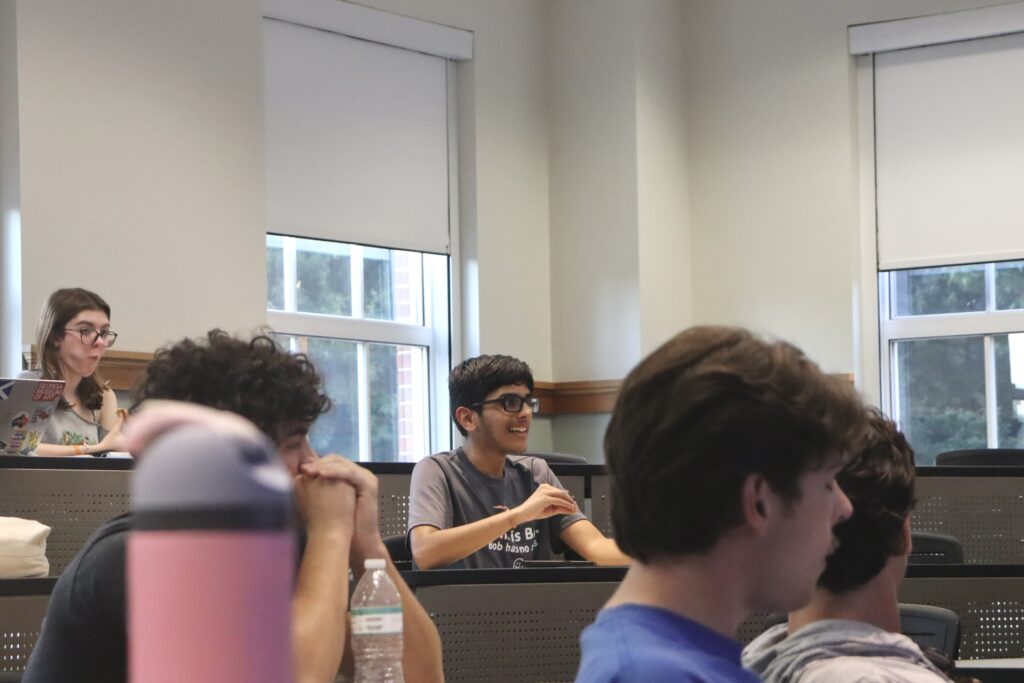
Although a majority of Georgia counties may lean more conservative, Singh encourages students to use their voices despite sometimes feeling like the minority.
“Even if you’re in a deeply conservative district as a liberal, you still have a voice. Use it, no matter how dire the situation,” he said.

Singh’s words resonated with third-year computer science student Topher Jones. The Oct. 1 meeting was his first, motivated by recent government events.
“I’m just a guy who’s been watching the news and getting really stressed out,” Jones said. “If we don’t stand up, especially in these upcoming midterms, I think we’re on course to lose our country. That’s what pushed me to get involved.”
Lux believes the stakes for his generation are undeniable.
“We’re seeing our futures being taken away by old politicians who are out of step,” he said. “If we don’t do anything, what will future generations have? It’s on us to stand up, say something, and fight.”
Eva Duignan is a journalism major in the Grady College of Journalism and Mass Communication at the University of Georgia.




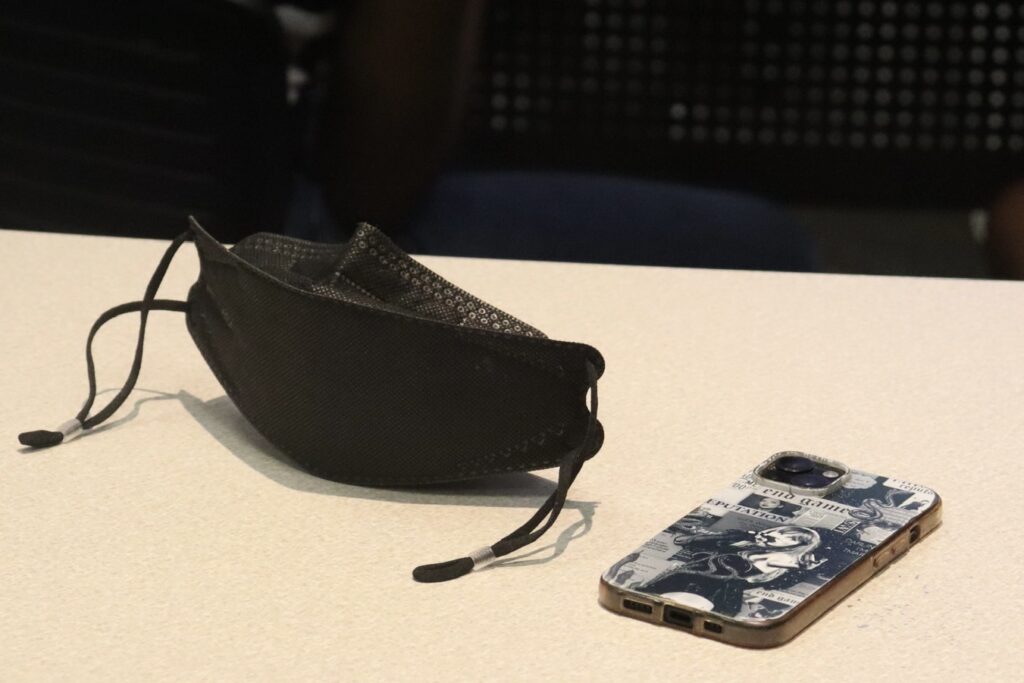


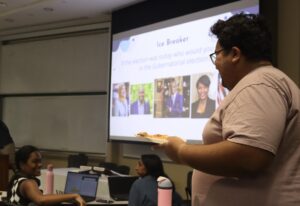











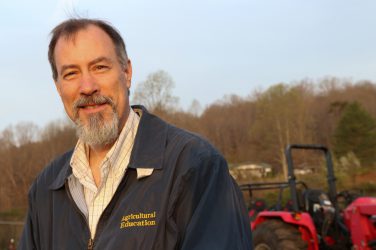


Show Comments (1)